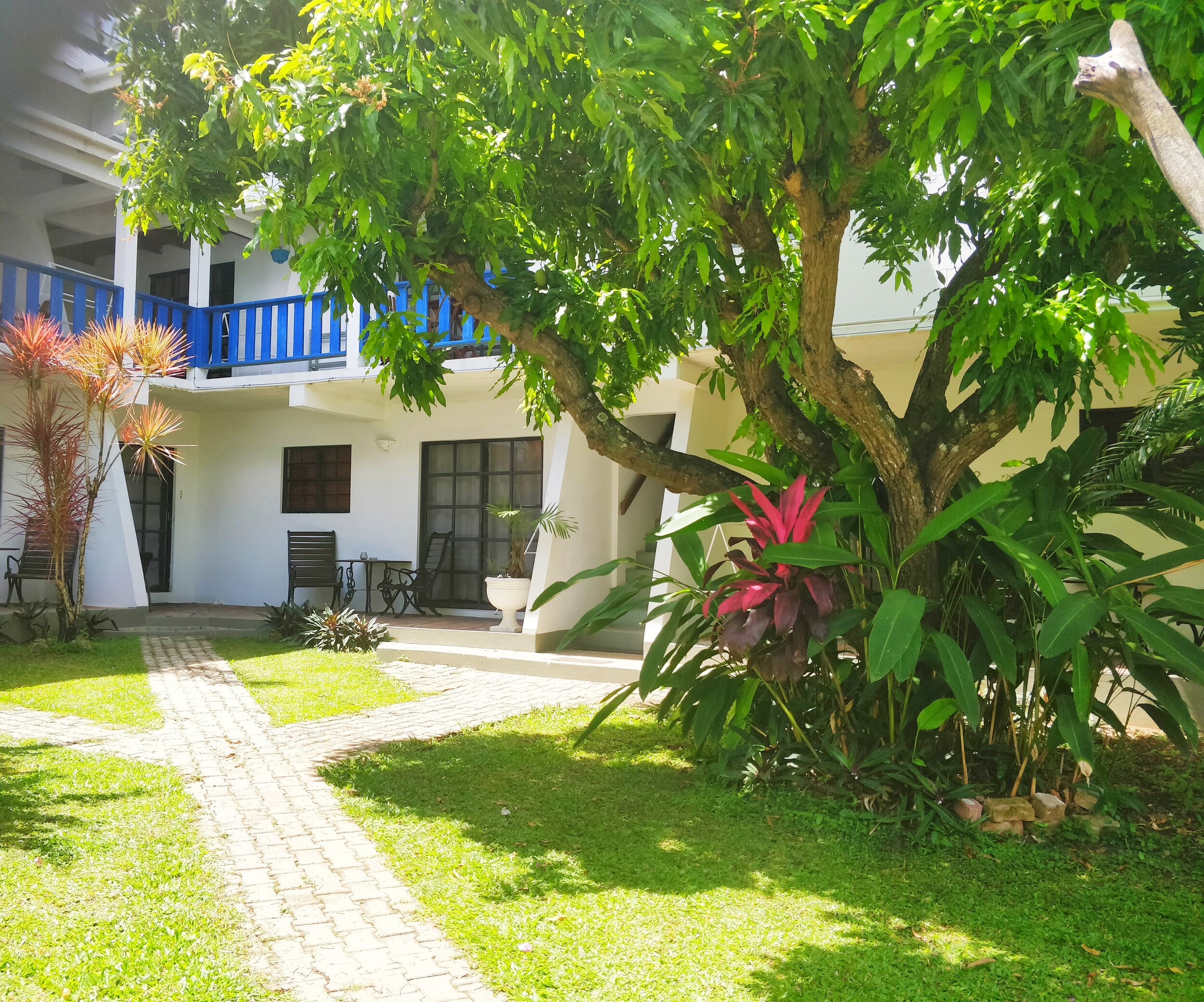In recent years, the reduction of single-use plastics has been one of the main concerns of the hospitality industry. Leading hotel chains started to ban the use of plastic straws or replaced travel-sized toiletries with dispensers. Since July 2021, the EU no longer allows certain single-use plastic items to be placed on the Member States market, a policy that supports the growing trend of switching to reusable or more eco-friendly alternatives.
However, there is still a lot of work ahead of the industry to become plastic-free. Water bottles, plastic bags, bin liners, food packaging and cups are among the biggest plastic polluters for which solutions need to be found. Rethinking the way we consume is an enormous task that requires the involvement of multiple stakeholders.
In addition, the COVID-19 pandemic was a set-back for the efforts of many businesses to reduce the amount of plastic waste as the safety and hygiene concerns required to reintroduce some items that were already banned, and take-away becoming a major income for those businesses offering food.
However, the pandemic also had some positive impacts on the demand for sustainable solutions, not only in tourism but in general. We were confronted with the negative impacts of the way we treat our planet and realised that we need to change our consumption patterns to keep it viable. Being confronted with all the additional plastic waste that we produced due to the pandemic catalysed the demand for change.
The report of the WTTC and UNEP recognises the need for global solutions to the ‘plastic problem’ and aims to support informed decision making in the tourism industry. It explains the challenges in detail and provides recommendations for tourism businesses and policy-makers.
You can download the report here: ‘Rethinking Single-Use Plastic Products in Travel & Tourism’
















